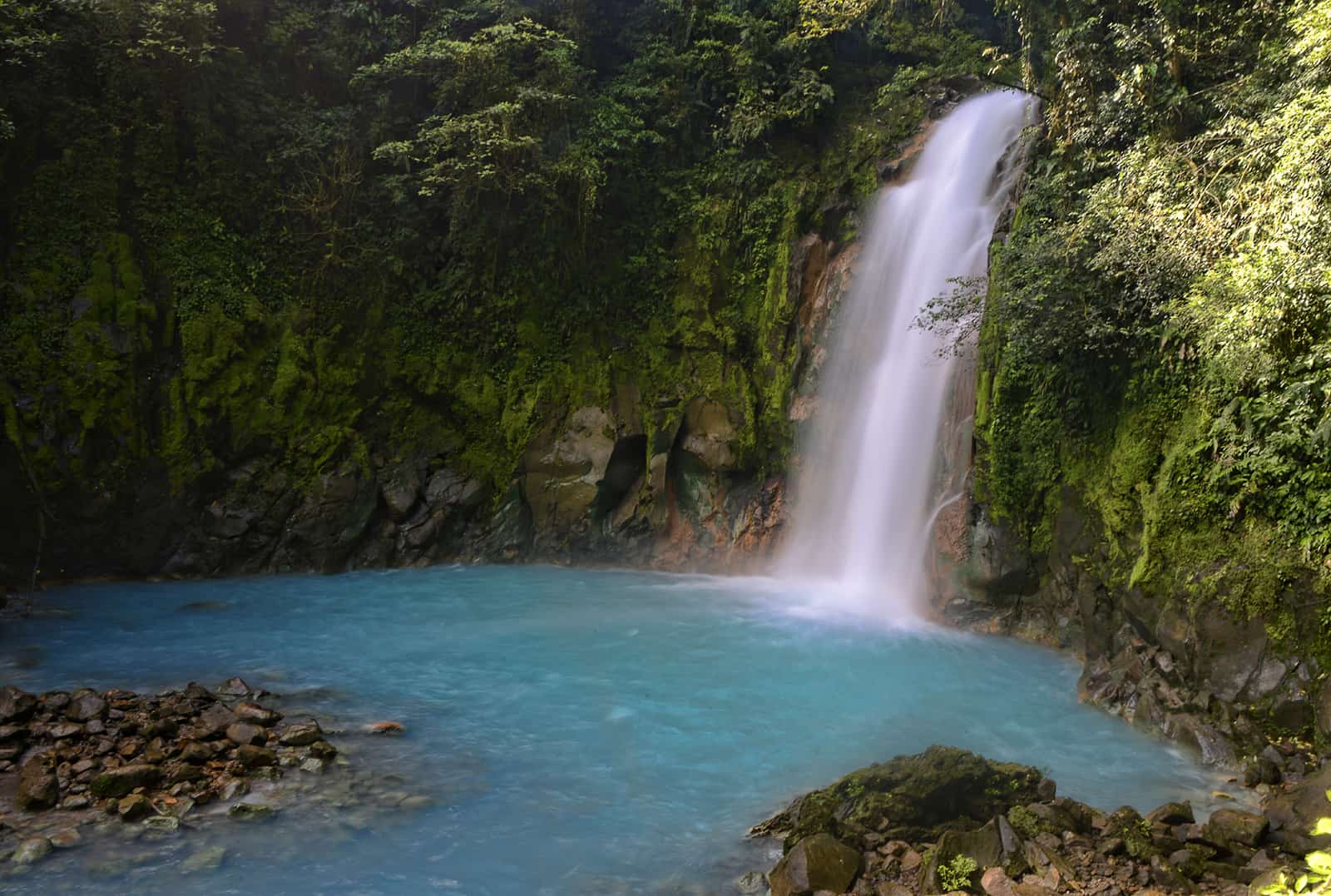Costa Rica’s reputation as a global environmental leader is under threat, according to a new State of the Nation report. The document criticizes the Chaves administration for a series of policy shifts that weaken the country’s historic commitment to sustainability, jeopardizing both its environmental achievements and global standing. The report highlights a growing tendency to adopt positions “contrary to sustainability,” warning that these policies pose concrete risks to the country’s biodiversity and human development.
“There is evidence of a shift in the historical environmental narrative that is expressed in concrete consequences on the material basis of human development in the country: nature. Furthermore, despite formal environmental achievements, threats to biodiversity conservation in Costa Rica persist and increase,” the report states.
Researcher Karen Chacón emphasized that for nearly ten administrations, governments of various political affiliations maintained a strong conservationist approach, reaping environmental, economic, and political benefits. However, Chacón noted that the 2022 change in leadership “facilitated the adoption of policies that favor the regressive use of natural resources.”
Key Concerns Highlighted
Among the policies criticized in the report are proposed reforms to the Ministry of Environment and Energy (MINAE) and decisions impacting Manuel Antonio National Park.
The government introduced a bill—Strengthening the Competencies of the Ministry of Environment and Energy (file 23.213)—to eliminate the requirement for technical justifications in ministry decisions. If approved, the bill would reduce the autonomy of key institutions, including the National Environmental Technical Secretariat (SETENA) and the National System of Conservation Areas (SINAC).
In addition, the administration proposed increasing the visitor capacity of Manuel Antonio National Park to 3,000, despite a technical recommendation to limit capacity to 1,120. A constitutional ruling in May 2024 capped the park’s visitor limit at 1,800, citing ecological concerns.
“This case evidences what appears to be a tendency to impose political criteria over technical criteria, since no technical justifications were presented to support this decision,” said Chacón.
Progress Amid Challenges
Despite these concerns, the report acknowledges Costa Rica’s continued efforts in certain areas, such as the expansion of the Payment for Environmental Services Program (PPSA) and the establishment of the Payment for Marine-Coastal Ecosystem Services Fund, which supports marine conservation and fishing communities.
However, Chacón warns that threats to biodiversity are growing and calls for a collective dialogue to determine the country’s environmental direction.
“As Costa Rica grapples with these challenges, the report underscores the need for urgent dialogue and decisive action to protect the nation’s environmental legacy,” Chacón concluded.






